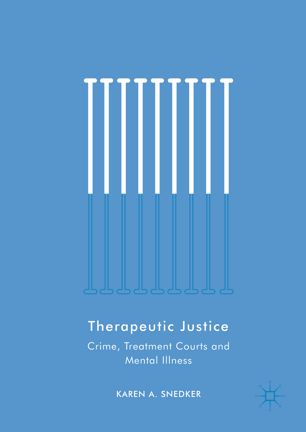

Most ebook files are in PDF format, so you can easily read them using various software such as Foxit Reader or directly on the Google Chrome browser.
Some ebook files are released by publishers in other formats such as .awz, .mobi, .epub, .fb2, etc. You may need to install specific software to read these formats on mobile/PC, such as Calibre.
Please read the tutorial at this link: https://ebookbell.com/faq
We offer FREE conversion to the popular formats you request; however, this may take some time. Therefore, right after payment, please email us, and we will try to provide the service as quickly as possible.
For some exceptional file formats or broken links (if any), please refrain from opening any disputes. Instead, email us first, and we will try to assist within a maximum of 6 hours.
EbookBell Team

4.1
50 reviewsThis book examines Mental Health Courts (MHC) within a socio-legal framework. Placing these courts within broader trends in criminal justice, especially problem-solving courts, the author draws from two case studies with a mixed-methods design. While court observational and interview data highlight the role of rituals and procedural justice in the practices of the court, quantitative data demonstrates the impact of incentives, mental health treatment compliance and graduating patterns from MHC in altering patterns of criminal recidivism. In utilising these methods, this book provides a new understanding of the social processes by which MHCs operate, while narrative stories from MHC participants illustrate both the potential and limitations of these courts. Concluding by charting potential improvements for the functioning and effectiveness of MHCs, the author suggests potential reforms and ‘best practices’ for the future in tandem with rigorous analysis. This book will be of value and interest to students and scholars of criminology, law, and social work, as well as practitioners.